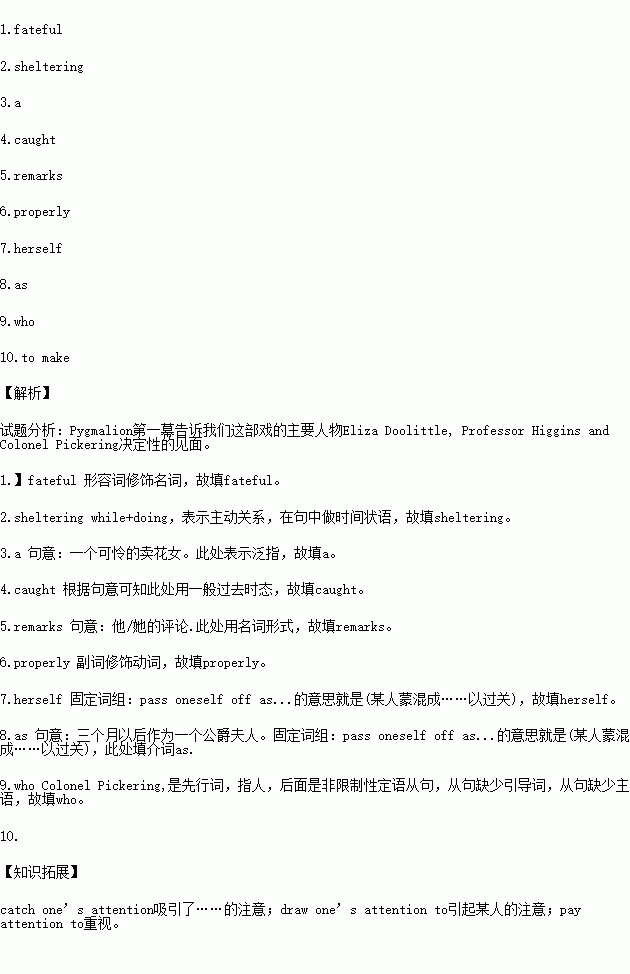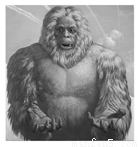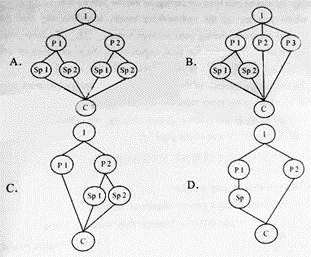题目内容
语法填空
阅读下面的材料,在空白处填入适当的内容(1个单词)或括号内单词的适当形式。
Act one of Pygmalion tells us how the main characters of this play, Eliza Doolittle, Professor Higgins and Colonel Pickering had their 1._____(fate) meetings while 2._________(shelter) from a heavy rain outside a theater in London, England in 1914.
Eliza Doolittle was 3._______ poor flower girl. When she tried to sell her flowers to a gentleman, her terrible English 4.______(catch) Professor Higgins’ attention. Professor Higgins, an expert in phonetics, could place a person by his / her5._____ (remark). He convinced that the quality of a person’s English decides his / her social position.
In his opinion, once educated to speak 6.______(proper), Eliza Doolittle could pass 7._____(her) off in three months 8.___ a duchess at an ambassador’s garden party and perhaps she could even work as a lady’s maid or a shop assistant.
Colonel Pickering, an officer in the army, 9.____ had studied many Indian dialects himself, came to England 10._____( make) the acquaintance of Professor Higgins.



